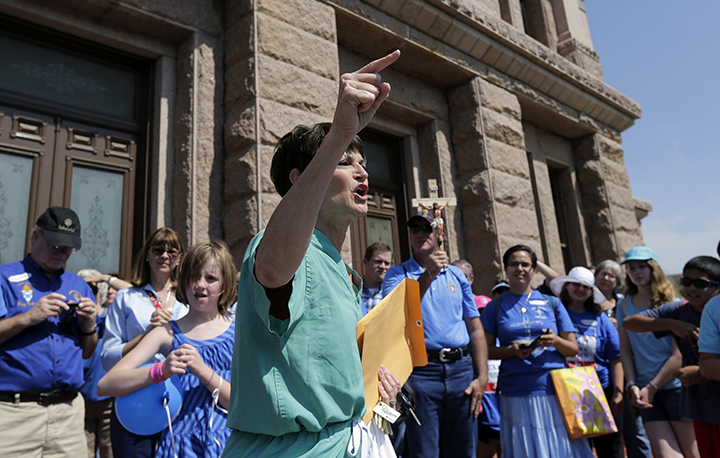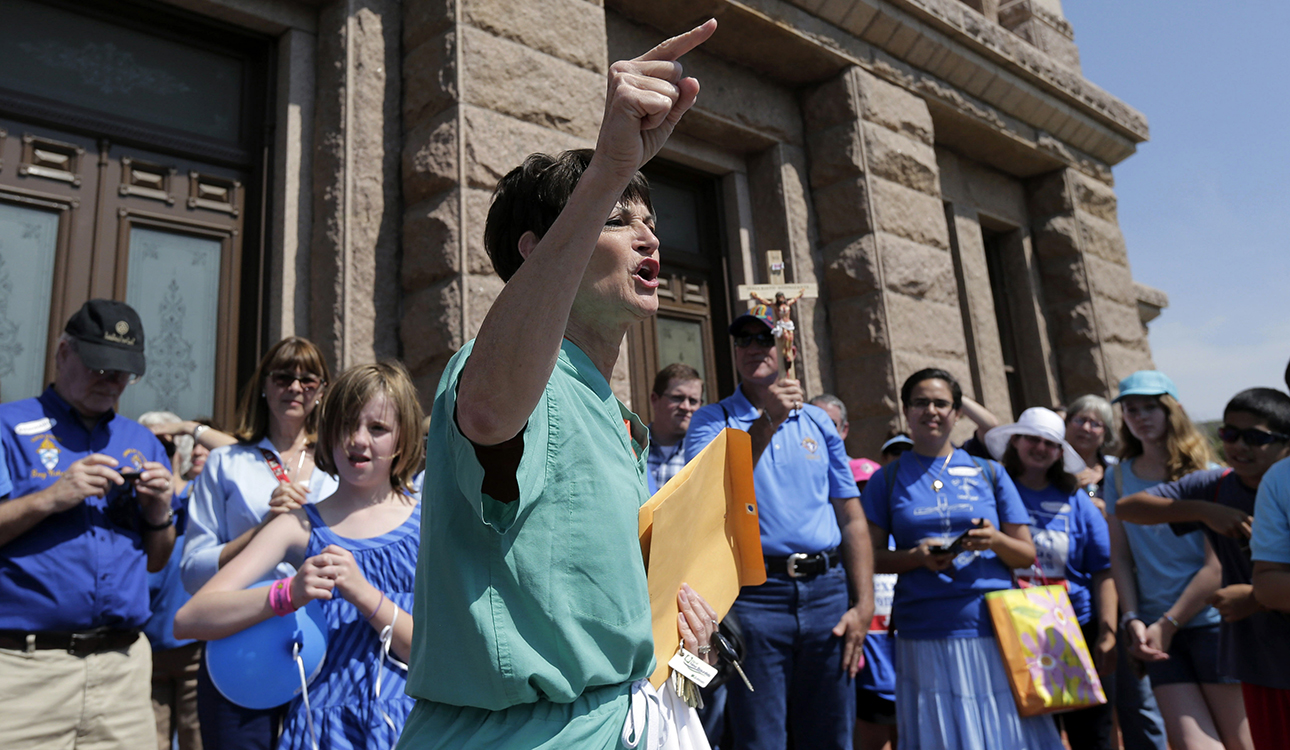
By Will Weissert
Associated Press
AUSTIN — Texas is proud of its part-time Legislature, where many lawmakers make non-political livings and only pass laws on the side. That’s why their annual pay is only $7,200 plus expenses, and sessions come just once every two years.
But the 140-day session is so long that Texas often doesn’t even rank in the top 10 nationally for least legislative days worked over two-year periods, a list that includes nine states where legislatures convene annually. Those are long hours for a deeply conservative state obsessed with small government, yet not enough to avoid a parade of special sessions that have become a staple over the last decade and a half.
Proponents of moving Texas to annual sessions criticize having to hammer out multibillion-dollar two-year budgets that are projected so far into the future that accuracy can suffer. In addition, the other legislatures that meet biennially— Nevada, Montana and North Dakota — are in sparsely populated states that face different challenges than a place as large as Texas.
Still, little support exists to change a part-time tradition in place since the Texas Legislature first convened in 1846.
“It makes us look less like Washington,” said Sen. Donna Campbell, a New Braunfels Republican who’s also an emergency room doctor.
Legislative work could go faster, but the Texas Constitution prohibits lawmakers from passing or even having floor debates on most bills during the session’s first two months. That time is meant to allow deliberation on would-be laws before lawmakers vote on them.
“The first 60 days is like two-a-days for legislators,” said first-term Republican Rep. Cecil Bell of Magnolia, referring to the opening of football training camp when teams practice twice daily, but actual games are still weeks away.
Rather than weeding out bills early, the result is usually a scramble to get everything done late. And often there is extra work pending after session ends: Gov. Rick Perry called 12 special sessions during his 14-year tenure that ended last month.
Every-other-year sessions also mean living with the consequences longer. In 2011, lawmakers passed a last-minute transportation code that mistakenly eliminated fines for driving without front and back license plates — and couldn’t fix it until 2013.
Laredo Democratic Rep. Richard Pena Raymond has long filed bills to have the Legislature meet in off-years, but only to discuss state budget bills.
Raymond says many colleagues privately applaud his proposal since it would ease budget-writing headaches. “But politically, you’ll have a lot of members that are afraid of somebody saying, ‘Oh no, they’re going to be in session every year, they’re going to have more laws,” he said.
Legislative Budget Board spokesman R.J. DeSilva said there’s no recent estimate on the cost of the 140-day legislative session beyond $150 daily per diems paid to lawmakers. But Texas keeps costs in check by keeping lawmakers’ salaries so low, explaining why so many have other full-time careers.
Relying on other income sources can create conflicts of interests, like in 2011 when a Houston lawmaker passionately decried stricter regulation of payday loans because they would hurt his own payday loan businesses. The practice is common nationwide, though, since few states pay their legislators salaries high enough to make comfortable livings.
Campbell sometimes works nights and weekends at an Austin clinic to avoid a 60-mile drive home. She said that during her first session in 2013 “there were times that I would get off my shift at 7 a.m. and be in the Senate at 9.”
“I am blessed that I don’t require much sleep,” Campbell said.






